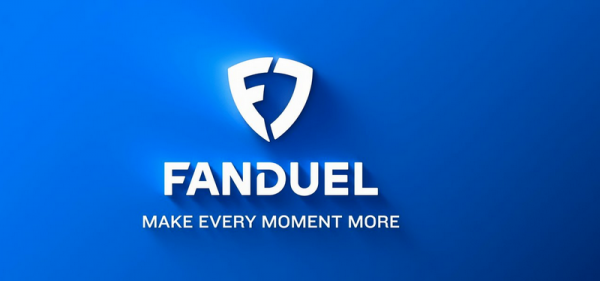Report: FanDuel Lobbied Against Efforts to Protect Minors, Problem Gamblers
The Guardian on Tuesday released a scathing report whereby it claims sportsbook company FanDuel lobbied against efforts to protect youth from gambling as well as educational efforts to assist problem gamblers.
The Guardian claims to have seen documents showing these efforts. More specifically, it claims FanDuel asked New York State to "rethink a proposed ban on gambling platforms from using certain words and phrases to attract people “who are or may be” problem gamblers to their websites."
FanDuel also opposed a rule prohibiting sports-betting advertisements near college campuses. The state’s legal age for the activity is 21.
From The Guardian report:
The commission’s staff defended the rule, raising the prospect of a sports-betting platform embedding a phrase like “problem-gambling help” in its website to attract a person typing the phrase into a search engine. While FanDuel suggested eliminating the proposal, or limiting it only to “known” problem gamblers, the commission’s staff said this “would not address the issue appropriately”.
FanDuel also objected to a ban on advertising in the “area of a college or university campus”, on the grounds that this “vague” language “could be read to include unaffiliated residential and commercial areas” nearby.
Ultimately, New York State regulators stood firm and the rules came into affect in October.
The Guardian obtained the unredacted documents utilizing the Freedom of Information Act.
“It’s the biggest hypocrisy,” Brianne Doura-Schawohl, a problem-gambling lobbyist, told the Guardian. “It seems not only disingenuous to the public, but also the policymakers that probably took many of them at their word that responsible gambling was a priority.”
The media outlet reached out to FanDuel but said they were yet to receive a response.
FanDuel has previously run afoul of state regulators for failing to implement controls in other areas.
Indiana Fined FanDuel $110,000 For Fraudulent Account Funding back in September. The company was required to pay $110,000 to settle five of six counts of violating that state's sports-betting regulations, according to an agreement approved by the Indiana Gaming Commission.
- Aaron Goldstein, Gambling911.com















